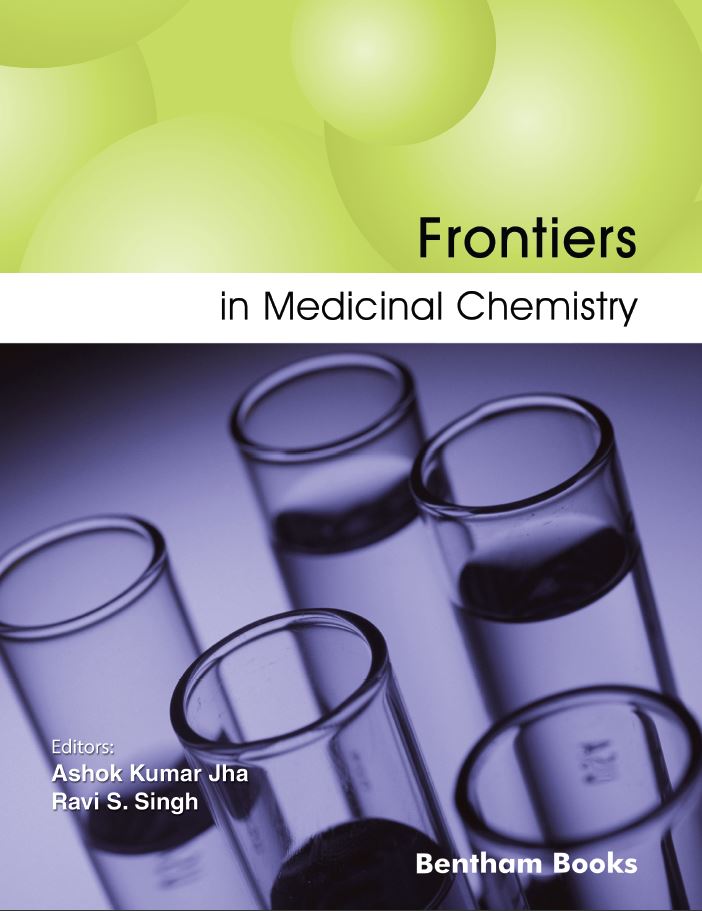Implications of DNA-acting Agents as Anticarcinogenic Potential in Breast Cancer Therapeutics

- Authors: Lovely Sinha1, Ujjwal Kumar2
-
View Affiliations Hide Affiliations1 Department of Pulmonary Medicine, All India Institute of Medical Sciences, Patna 801507, Bihar, India 2 Research Associate, Department of Psychatry & Department of CFM, All India Institute of Medical Sciences, Deoghar - 814152, Jharkhand, India
- Source: Frontiers in Medicinal Chemistry: Volume 10 , pp 262-280
- Publication Date: October 2023
- Language: English
Breast cancer is the most prevalent neoplasm diagnosed in women worldwide. There are many factors responsible for breast cancer susceptibility. Mutation in tumor suppressor genes BRCA1 and BRCA2 predispose women to the early onset of breast cancer. The BRCA genes are involved in multiple cellular processes in response to DNA damage, including checkpoint activation, gene transcription, and DNA repair. Several DNA-acting agents act as effective anticancer used for treating cancer disease. Certain groups of chemicals are known to affect specific phases of cell division, such as, Cyclophosphamide is the most potent and successful anticancer agent that acts by alkylating the N-7position of guanine to cause crosslinking of DNA’s double helix, resulting in DNA breaks that interfere with the DNA replication and RNA transcription. This chapter deals with the classification of DNA-acting agents according to their modes of action.
-
From This Site
/content/books/9789815165043.chap10dcterms_subject,pub_keyword-contentType:Journal -contentType:Figure -contentType:Table -contentType:SupplementaryData105

